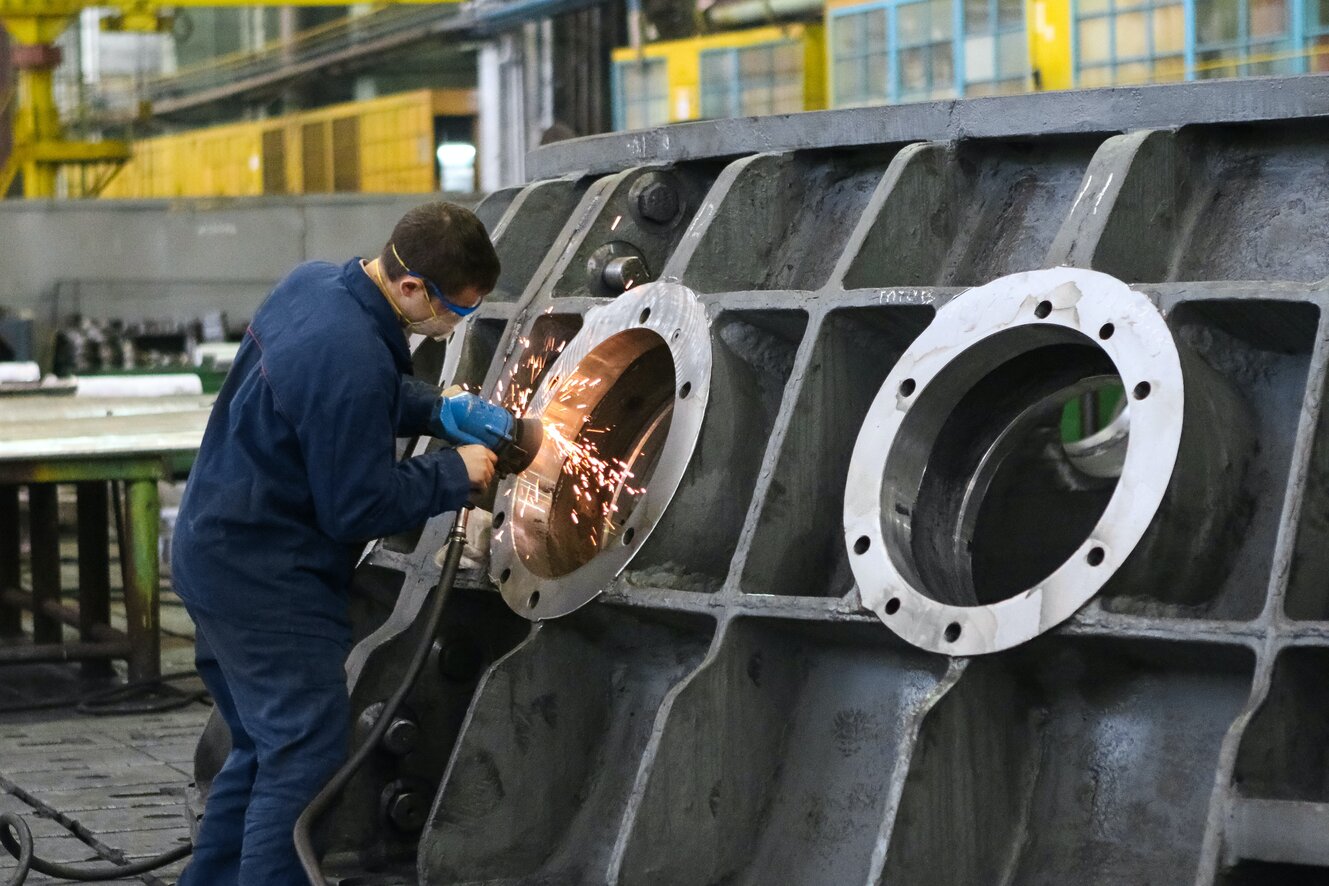
If you live in an area prone to natural disasters such as earthquakes, hurricanes, or tornadoes; or if your business relies on electronic equipment that might fail without warning if the power goes out for any length of time, you may want to invest in a portable generator. Whether for personal or business use, there are many things you should know before investing in a generator. Let’s look at some useful tips that will help you find the best 10000 watt generator of 2022.
Know Your Power Needs
The first thing you need to determine is your preferences and needs. Depending on how much power you need, there are three main options to consider:
- Miniature generators are best for use with small appliances such as fans, blenders, or electric stoves.
- Standard generators are best for powering a few appliances at once in a home setting. Appliances include a refrigerator, microwave, water heater, coffee maker, and a few lights.
- Industrial generators are best for powering an entire warehouse or other large building and can power entire electrical grids with ease.
If you’re powering a building, get a generator with an engine that can produce enough power to cover the load.

Check the Generator’s Watt Rating
After you’ve determined your needs, you should find out the watt rating of the generators you’re considering. A generator’s watt rating measures the amount of power it can supply. The higher the watt rating, the more devices you can power at one time. The generator’s watt rating should be 10% higher than the amount of power you expect to need. If a generator has a high enough watt rating, it can easily handle a few extra devices without any issues.
How Many Watts Does Your Generator Require?
Most standard and industrial generators are within the 110/120-volt range. Most mini generators are within the 16/18-volt range. If you’re powering appliances with a generator rated above the voltage your appliances require, you run the risk of burning out the generator. If you’re powering appliances with a generator rated below the voltage your appliances require, you risk damaging the appliances.
Check for Durability and Safety Features
The best 10000-watt generators are durable and made from quality components. You should research the brands and models you’re interested in and ensure that they have a good track record of reliability. If you can find independent reviews from real customers who have used the generators you’re considering, that’s even better. Look for generators that have built-in overload protection. This feature automatically turns off the generator if it senses that it’s being overworked. When choosing a generator, make sure the engine is carb compliant, means it meets all federal emission and carb standards. If you’re powering a building, make sure the generator is quiet enough to run in an indoor setting.
Check the Engine’s RPM
You should also check the generator’s engine RPM. The engine RPM is the speed at which the engine spins. The higher the RPM, the more power the engine produces. Most modern generators have engines that operate at 3600 RPM. However, some of the older models operate at just 1800 RPM. If you’re powering sensitive electronic equipment, you should ensure that the generator’s engine rotates at 3600 RPM or higher. You should also check the generator’s idle speed.
Check the Exhaust and Emission Levels
Lastly, make sure the generator’s exhaust and emissions are compliant with federal emission and carb standards. You should also select a non-ozone non-smog generator if you’re powering sensitive electronic equipment. You should also check the generator’s sound levels. You want to make sure the generator’s noise level is below 80 decibels, the federal standard for noise emissions from stationary equipment. If you’re powering sensitive electronic equipment, you should also select a quiet generator.
When it comes to finding the best 10000-watt generator, you should keep a few things in mind. First, determine which type of generator you need: mini, standard, or industrial. Once you’ve done that, check the watt rating, make sure the engine operates at 3600 RPM or higher, and select especially quiet one. For the best results, you should select a generator with a lifespan of 10 years or more. It would help if you also kept in mind that the generator’s capacity is based on a continuous use and doesn’t consider the machine’s startup and shutdown cycles.
Zombie maven. Musicaholic. Friendly student. Unapologetic organizer. Hipster-friendly internet geek.








